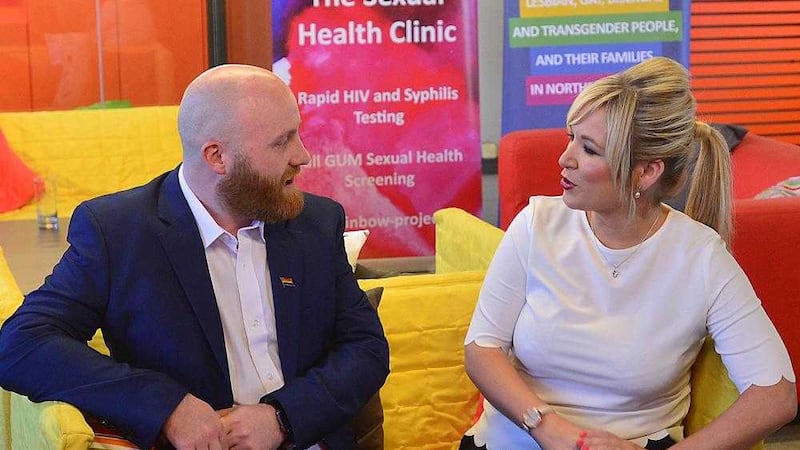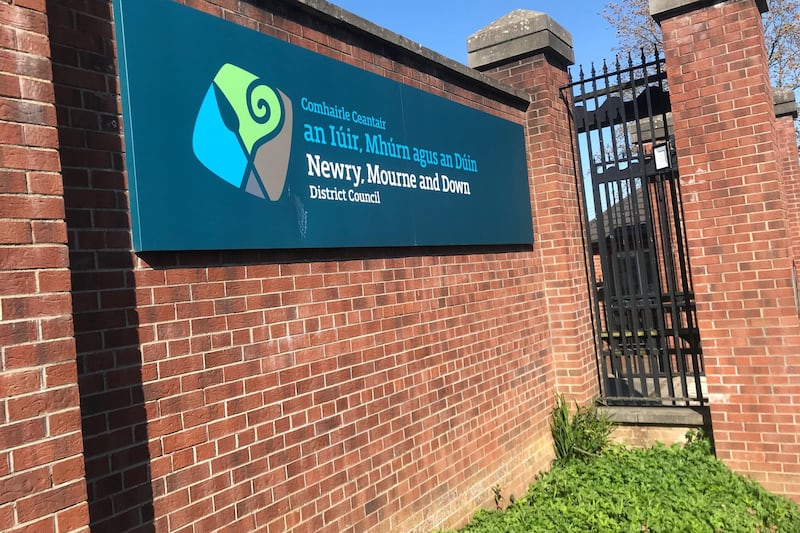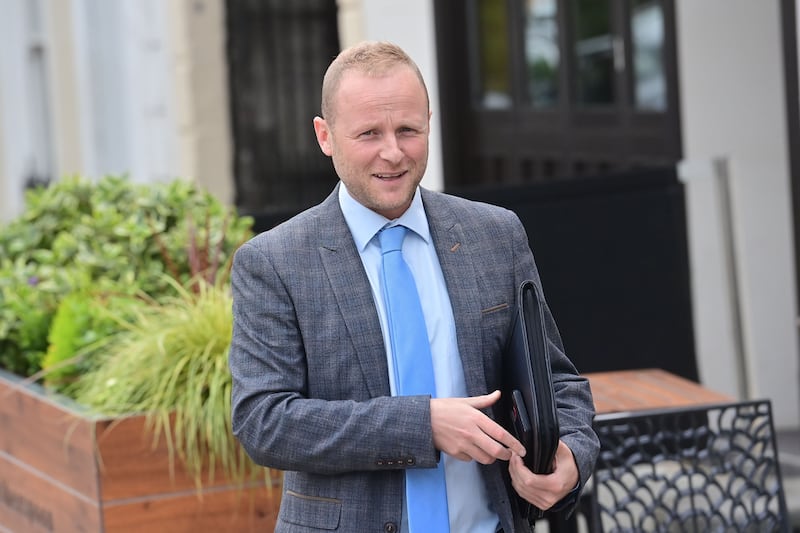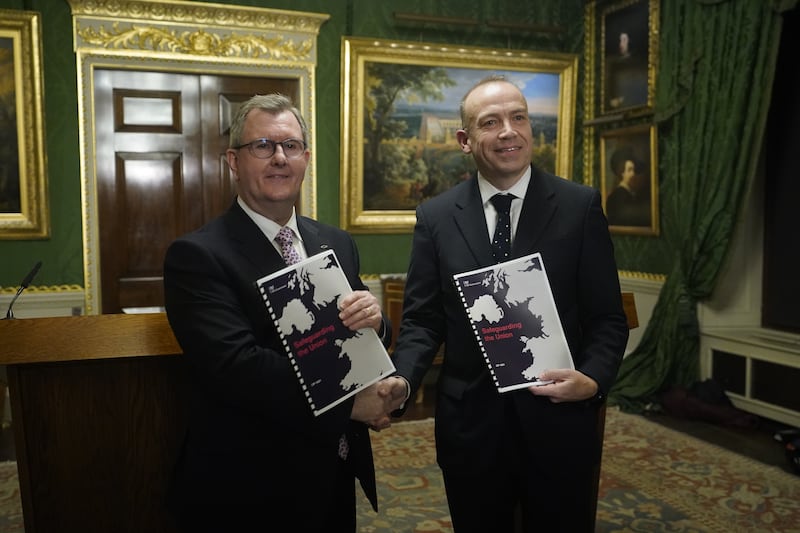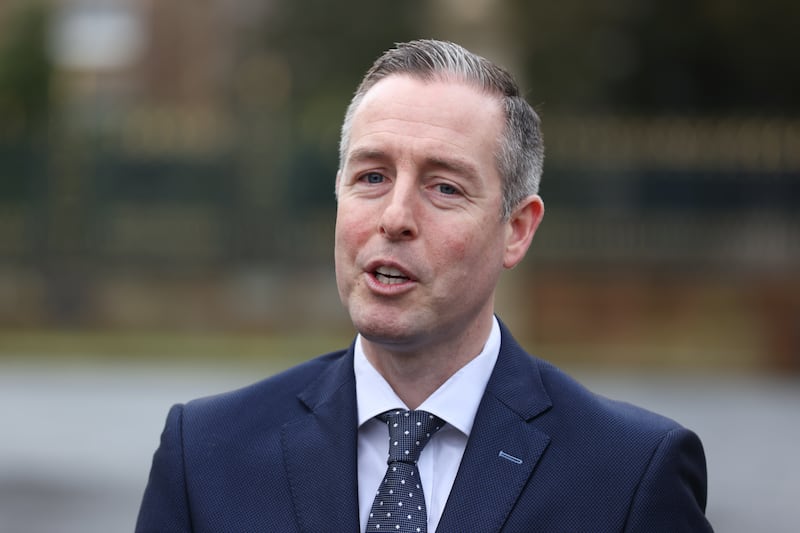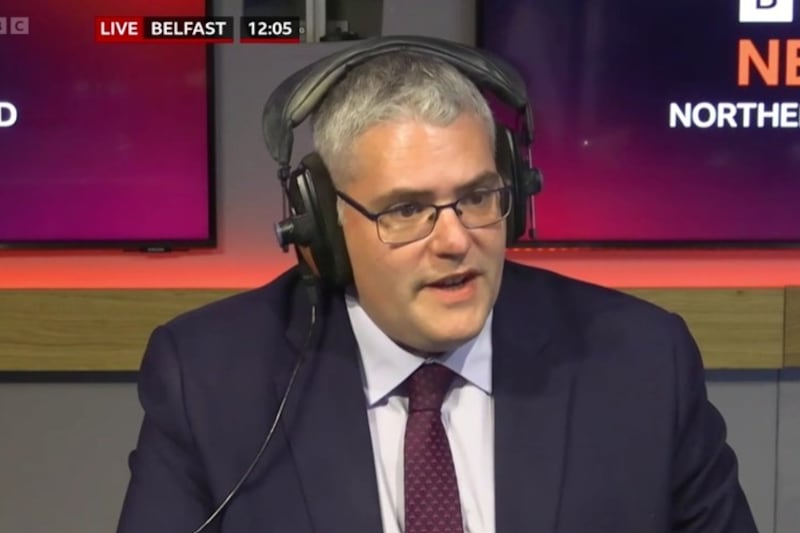DUP ministers did not oppose the lifting of the controversial lifetime ban on gay and bi-sexual men donating blood.
Health minister Michelle O'Neill announced the move yesterday during a visit to an LGBT (lesbian, gay, bisexual and transgender) advocacy organisation in Belfast, saying the Stormont executive had agreed to her proposal.
A similar ban was lifted in Britain in 2011 and replaced with rules that allowed gay men to give blood 12 months after their last sexual encounter with another man.
However, it was retained by Ms O'Neill's DUP predecessors, who fought off court challenges which sought to overturn the policy.
It was the former Sinn Féin agriculture minister's first major announcement since taking over the health portfolio last week.
Ms O'Neill said substantial new evidence showed the risk of contracting HIV from donated blood was lower with a one-year deferral than with a lifetime ban.
"My decision is based solely on the evidence regarding the safety of donated blood," she said.
The minister said the safety of donated blood depended on two things – donor selection and the testing of blood – and that every donation is tested for HIV and other organisms.
"Not even the most advanced tests are 100 per cent reliable, so it is vitally important for every donor to comply with any deferral rules that apply to them," Ms O'Neill said.
The minister's move was welcomed by the Ulster Unionists, SDLP, Alliance and Green parties.
However, the DUP was conspicuously quiet on the matter.
When contacted by The Irish News a party spokesman declined to comment.
Previous DUP health ministers Edwin Poots and Jim Wells both sought to uphold the ban on the basis of ensuring public safety.
In 2013, the High Court ruled that Mr Poots did not have the power to keep the rule in place and had acted with irrationality or apparent bias by retaining it.
But following an appeal backed by Mr Wells, the Court of Appeal in March this year said it was up to the health minister whether to lift the lifetime ban.
It also said there was "no basis for the conclusion that the minister's decision in this case was pre-determined by his Christian beliefs".
UUP health spokeswoman Jo-Anne Dobson said the ban had led to a "utterly ridiculous situation" where a blood shortage meant supplies had to imported from Britain.
"We will be interrogating what has changed for the DUP and Sinn Féin executive to now be able to agree to this change in policy," she said.
Her SDLP counterpart Mark H Durkan described the ban as "ideologically-driven" and one which "flew in the face of medical research".
John O'Doherty of the Rainbow Project said it had been "campaigning on this issue for over a decade and it is fantastic to finally see this unnecessary ban removed".
Ms O'Neill pointed out that her announcement came hours after new DUP education minister Peter Weir visited an Irish-medium school.
"We clearly set out that we are interested in a fresh start," she said.
"I think that today if you take this announcement (on gay blood) and Peter Weir as the new education minister visiting Colaiste Feirste, I think that shows that there is a very clear indication that Sinn Fein and the DUP, as the main government parties, want to work together, want to tackle the main issues head-on and we want to build trust and confidence in those people out in society who have actually elected us to do the job."
The ban, which was first imposed in the 1980s in response to the Aids crisis, will be lifted on September 1.
